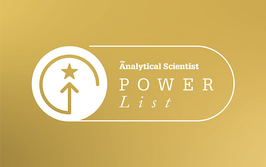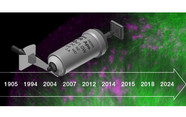Single Particle Inductively Coupled Plasma Mass Spectrometry: Understanding How and Why

contributed by Perkin Elmer |
Introduction
Nanotechnology is an emerging and rapidly growing field whose dynamics and prospects pose many great challenges to scientists and engineers. Nanoparticles are being used in many materials and products, including coatings (on plastic, glass and clothing), sunscreen, antimicrobial bandages and clothing, MRI contrast agents, biomedical elemental tags and fuel additives, only to name few. However, rapid, simultaneous characterization of their elemental composition, number of particles, size, and size distribution is challenging. For inorganic nanoparticles, the technique best suited to provide the above-mentioned characteristics is inductively coupled plasma mass spectrometry (ICP-MS) operated in so-called single particle mode. Analyzing single nanoparticles with ICP-MS requires a different approach than measuring dissolved elements. This work describes the theory behind single-particle ICP-MS measurements, drawing comparisons and differences with analyzing dissolved elements.
Log in or register to read this article in full and gain access to The Analytical Scientist’s entire content archive. It’s FREE!

















